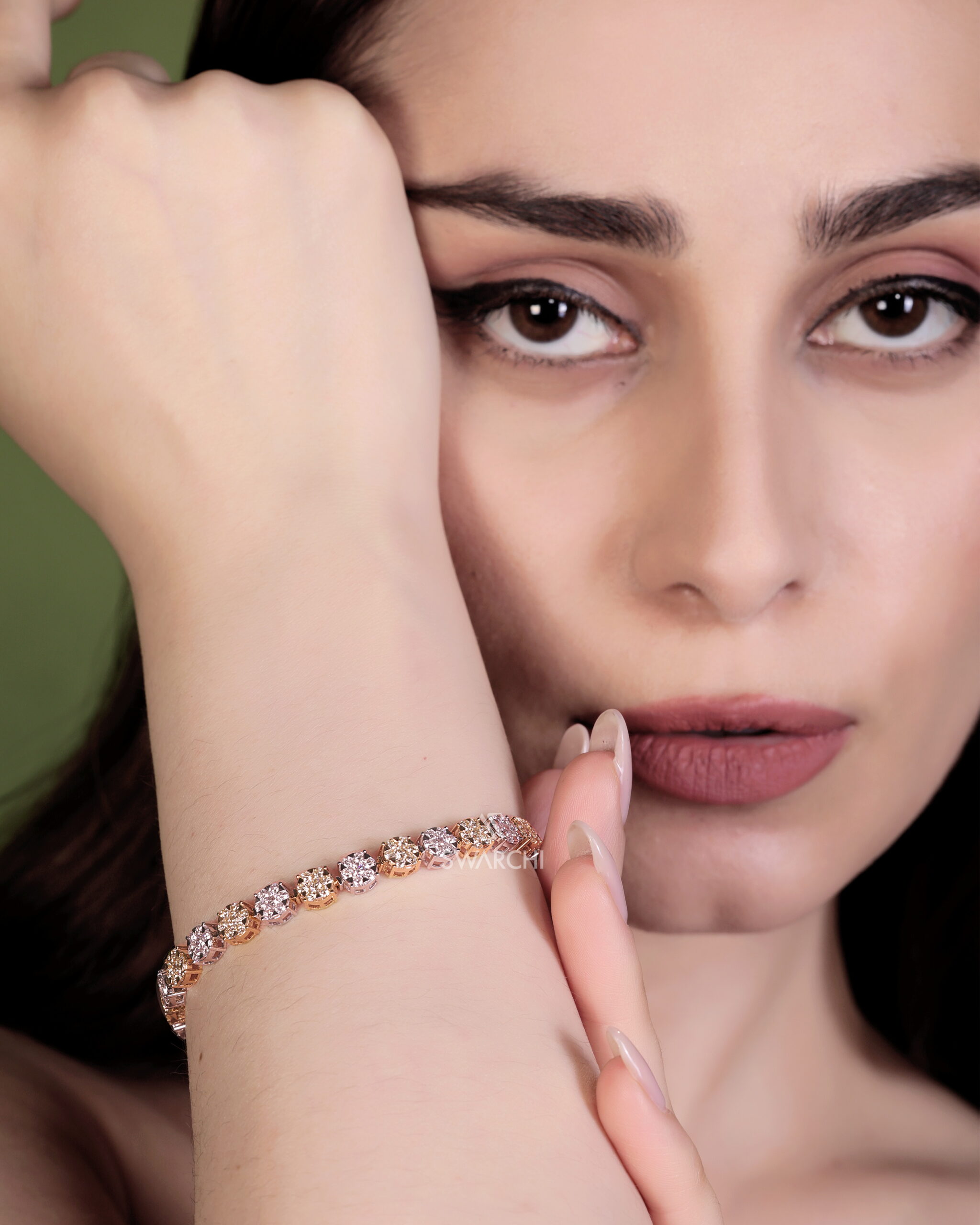Gray
swarchi
Overview of Natural Gray Diamonds
Natural Gray diamonds are a unique and intriguing category of colored diamonds. Known for their subtle and sophisticated hue, Gray diamonds can vary significantly in tone and intensity, making them a versatile choice in jewellery.
- Color Characteristics
Gray diamonds exhibit a range of colors, from light Gray (fancy light Gray) to darker shades (fancy deep Gray). The color results from the presence of trace elements during the diamond’s formation, often associated with nitrogen or hydrogen inclusions. Unlike other fancy-colored diamonds, Gray is usually a primary hue but can also appear as a modifying hue in colorless diamonds.
- Rarity and Value
Gray diamonds are considered rare and can be quite valuable, especially those with high clarity and no inclusions. Their unique color, which can range from bluish-Gray to brownish-Gray, adds to their appeal. Although they may not command the same prices as yellow or pink diamonds, high-quality gray diamonds can still be quite expensive.
- Formation and Mining
The color in gray diamonds arises from the inclusion of foreign elements during their formation deep within the Earth. They are sourced from various locations, including mines in South Africa, Australia, and Russia, contributing to their unique characteristics and styles.
- Grading and Intensity
Gray diamonds are graded similarly to other colored diamonds based on the intensity of their color. The categories range from fancy light Gray to fancy dark Gray. The grading reflects the diamond’s hue and saturation, influencing its overall value.
- Uses in Jewellery
Gray diamonds are increasingly popular in jewellery design. Their muted elegance allows them to complement a variety of styles, from classic to modern. They are often set in rings, earrings, and pendants, and can be paired beautifully with other colored diamonds or gemstones, creating a stunning contrast.
Conclusion
Natural Gray diamonds are an exquisite choice for those seeking something unique and sophisticated. With their varied hues and rarity, they offer a compelling alternative to traditional colorless diamonds, appealing to collectors and jewellery enthusiasts alike.






